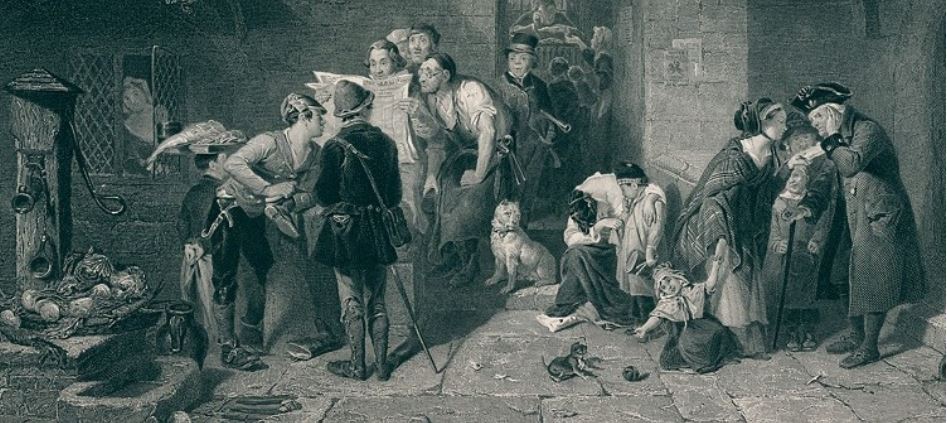


Journalism & Storytelling
If you’ve ever attended any of our training seminars, you know we often talk about how reporters are often storytellers, often using familiar tropes and archetypes, accompanied by all their embedded values.
On that subject, here’s writer Jeff Jarvis, writing for BuzzMachine on this topic:
In journalism, we think our job is to “get the story.” We teach the skill of “knowing what a story is.” We call ourselves “storytellers.” We believe that through stories — or as we also like to say when feeling uppish, “narrative”— we attract and hold attention, impart facts in engaging fashion, and explain the world.
My greatest heresy to date — besides questioning paywalls as panacea — is to doubt the primacy of the story as journalistic form and to warn of the risk of valuing drama, character, and control over chaotic reality. Now I’ll dive deeper into my heretical hole and ask: What if the story as a form, by its nature, is often wrong? What if we cannot explain nearly as much as we think we can? What if our basis for understanding our world and the motives and behaviors of people in it is illusory? What would that mean for journalism and its role in society? I believe we need to fundamentally and radically reconsider our conceptions of journalism and I start doing that at the end of this post.
In journalism, we think our job is to “get the story.” We teach the skill of “knowing what a story is.” We call ourselves “storytellers.” We believe that through stories — or as we also like to say when feeling uppish, “narrative”— we attract and hold attention, impart facts in engaging fashion, and explain the world.
My greatest heresy to date — besides questioning paywalls as panacea — is to doubt the primacy of the story as journalistic form and to warn of the risk of valuing drama, character, and control over chaotic reality. Now I’ll dive deeper into my heretical hole and ask: What if the story as a form, by its nature, is often wrong? What if we cannot explain nearly as much as we think we can? What if our basis for understanding our world and the motives and behaviors of people in it is illusory? What would that mean for journalism and its role in society? I believe we need to fundamentally and radically reconsider our conceptions of journalism and I start doing that at the end of this post.
For the rest, click here